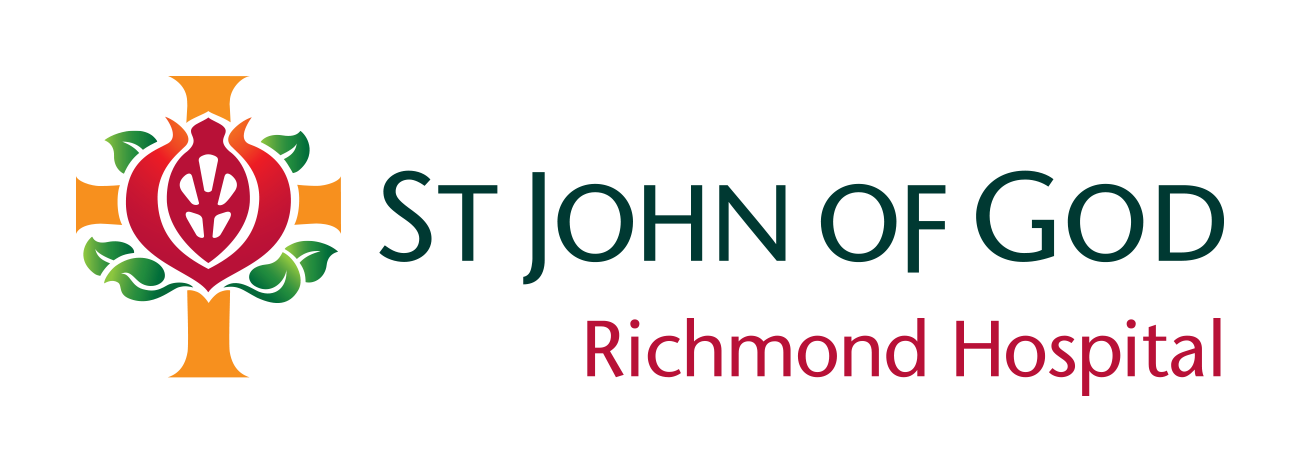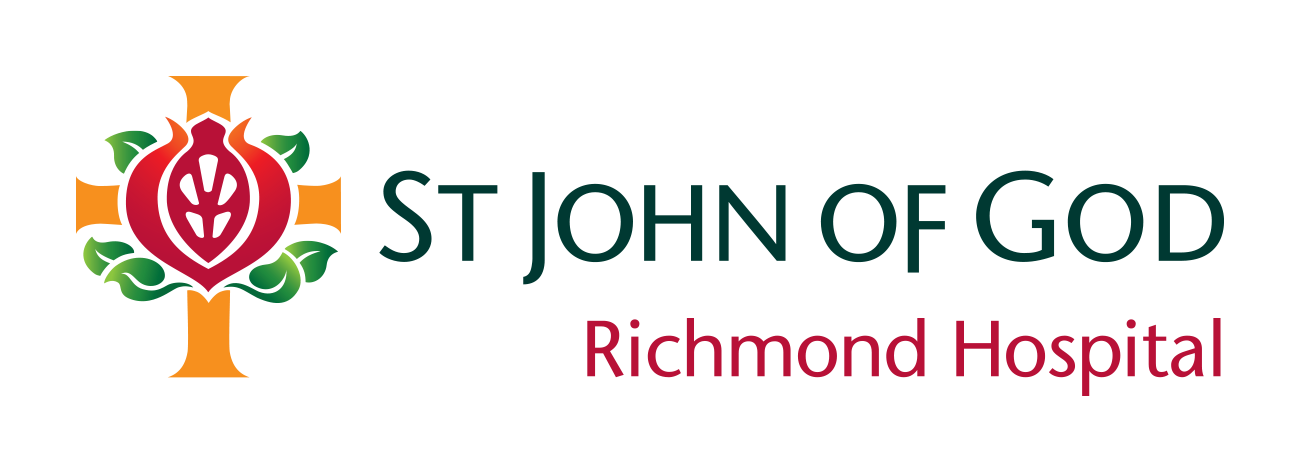New GP education session
23 Mar 2016
23 March 2016
For over twenty years St John of God Richmond Hospital has had the honour to provide treatment and stabilisation programs to support Police, Emergency Service Workers and Veterans who have acquired stress related injuries especially Posttraumatic Stress Disorder (PTSD) as a result of their service.
PTSD can be a highly disabling condition robbing people of their careers, families, friends and in some tragic cases their lives. There are treatments that can reduce, and in many cases, eliminate the symptoms of PTSD. St John of God Richmond Hospital, in partnership with the Black Dog Institute and other leading research and treatment facilities in Australia, have bought this evidence together to develop national guidelines to help improve access to evidence based interventions for Police and other Emergency Service Workers.
A major challenge that faces the health community is the timely identification and treatment of patients who have developed disabling symptoms of PTSD. There is increasing evidence that many of the symptoms of PTSD closely resemble the cascade of sympathetic stress responses that is critical to the work undertaken by military and first responder service workers.
This long term exposure to working with high level of autonomic arousal makes it difficult for Police, Emergency Service Workers and Veterans to identify when symptoms of PTSD have started to impair their functioning. The role of the health care working in early accurate identification is critical in identifying PTSD and facilitating access to early intervention. The new national guidelines provide advice on how to identify and diagnose PTSD.
Advances in neuroscience have allowed researchers to identify structural and functional abnormalities in the brain functioning of those who have developed PTSD. These abnormalities lead to a hyper-activated threat perception network that can invade everyday life and make daily functioning extraordinarily difficult.
Research has also shown that these neurological markers of PTSD can be changed and that recovery is possible with access to evidence based treatment.
At St John of God Richmond Hospital we have shaped PTSD treatments according to the findings of research as we strive to help emergency service personnel and others have the best possible chance of a sustained recovery.
This included hosting one of the first clinical trials of targeted exercise as an addition to usual treatment for PTSD.
The results showed that adding exercise led to significantly lower PTSD symptoms as well as improvements in physical fitness and welling. This has led us to incorporate targeted exercise and other lifestyle interventions as a core part of our approach to supporting recovery from PTSD.

